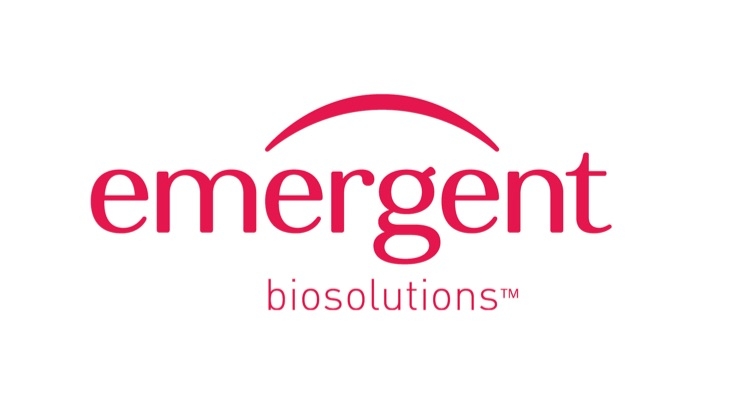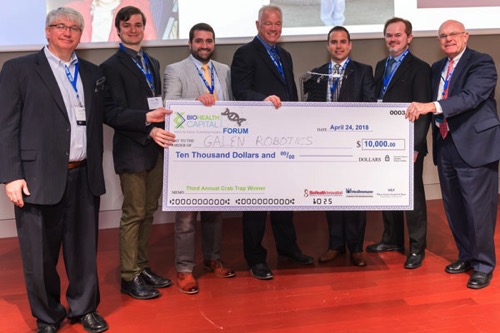
ROCKVILLE, Md., March 4, 2019 /PRNewswire/ — Emmes today announced that Behrman Capital, a leading private equity firm, has made a significant investment in the company. The capital will allow Emmes, one of the Washington area’s top 100 largest private companies, to expand and strengthen its service offerings and international presence.
Behrman Capital has a 25-year track record of successfully investing in growing healthcare services companies, adding resources and professional services to help them innovate and expand.
“This is a substantial and exciting milestone in our evolution,” said Dr. Anne Lindblad, president and chief executive officer of Emmes. “The Emmes name will continue, as will our vision, mission, leadership, and focus on advancing human health. We will benefit from Behrman’s investment, expertise and relationships. We believe this investment will allow us to provide employees even greater opportunities as we continue to build and grow.
“Our government work is and will remain core, and we plan to accelerate our efforts on the non-government side,” she added.
According to Grant Behrman, managing partner of Behrman Capital, “Emmes has world class talent and an outstanding reputation in clinical research. It has built an especially strong legacy in the government sector and, in particular, at the National Institutes of Health. Our role is to invest in the company’s future growth, from employee development to expanded offerings to current and prospective clients.”
Click here to read the entire release vis PR Newswire








